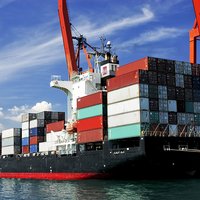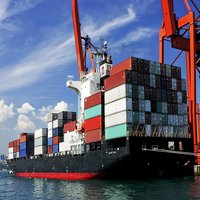Decarbonising the Industrial Sector
Risks and opportunities associated with decarbonising Rotterdam's industrial cluster

Risks and opportunities associated with decarbonising Rotterdam's industrial cluster

The Port of Rotterdam is an important industrial cluster, comprising mainly oil refining, chemical production and power generation. Greenhouse gas emissions are correspondingly high. In 2016, the port’s industry accounted for 19 per cent of the Netherlands' total CO2 emissions. In order to achieve the targets set in the Paris Climate Agreement, a massive transformation of the industrial sector is necessary. The Port of Rotterdam in particular will be affected by future decarbonisation policies, as most of its activities focus on trading, handling, converting and using fossil fuels.
Based on a study for the Port Authority, Clemens Schneider and Sascha Samadi (both Sectors and Technologies Research Unit in the Future Energy and Industrial Systems Division at the Wuppertal Institute) and Prof. Dr. Stefan Lechtenböhmer, Director of the Future Energy and Industry Systems Division explore in their article "Risks and opportunities associated with decarbonising Rotterdam's industrial cluster" three pathways whereby the port's industry can maintain its strong position while significantly reducing its CO2 emissions and related risks by 2050. Such pathways can provide crucial support to policymakers and investors, helping them to make informed decisions about upcoming measures and actions.
The complete article has been published by Elsevier and can be downloaded free of charge under the following link.
